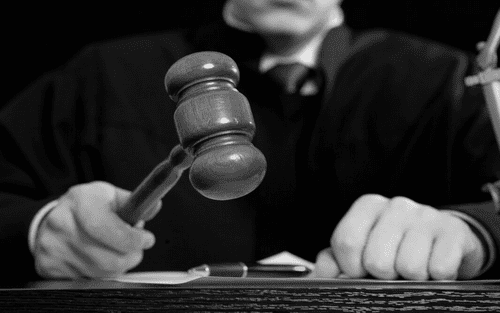To say the first half of 2022 has been busy for the Supreme Court of the United States would be the understatement of the year. Below are some of the most notable cases and controversies SCOTUS has provided in 2022.
- May 2, 2022. This will mark the date when the general public got a brief peek behind the proverbial curtain at the Supreme Court and were able to review a draft opinion of the landmark case Dobbs v. Jackson Women’s Health Organization, a case which would ultimately overturn Roe v. Wade, in regards to constitutional right for women to seek an abortion. This leak reflected one of the biggest breaches of confidentiality with the high Court since the draft of Roe v. Wade was itself leaked prior to the publication of the final opinion. As of the date of this blog, an investigation is still underway.
- June 30, 2022. The Honorable Ketanji Brown Jackson was formally sworn in to become an associate justice of the United States Supreme Court. Justice Brown is the 116th Supreme Court justice and the first Black woman to serve our nation’s highest court. She is also the first former public defender to serve on the Court.
- Last Rights. In Ramirez v. Collier, the Court ruled a death row inmate is entitled to have his pastor touch him and pray out loud at the time of execution. This case essentially reinforced that an inmate’s religious rights were protected by federal law and would require state officials to accommodate the inmate’s request.
- Abortion. In Dobbs v. Jackson Women’s Health Organization, the Court held 6 to 3 to uphold a Mississippi abortion law. In so doing, the Court held “The constitution does not confer a right to abortion; Roe [Roe v. Wade] and Casey [Planned Parenthood v. Casey] are overruled, and the authority to regulate abortion is returned to the people and their elected representatives.” Prior to this decision the constitutional right to seek an abortion was in place for nearly 50 years.
- Second Amendment. In New York State Rifle & Pistol Assoc. V. Bruen, the Court ruled unconstitutional a New York law that allows a person to receive a license to carry a firearm only upon “proper cause”. Under the proper cause prong of the New York law, an applicant was required to “demonstrate a special need for self-protection distinguishable from that of the general community.” In its holding, the Court ruled such a law violated the Fourteenth Amendment by “preventing law-abiding citizens with ordinary self-defense needs from exercising their Second Amendment right to keep and bear arms in public for self-defense.
- Climate Change. In West Virginia v. Environmental Protection Agency, the majority held the EPA overstepped its authority when it created emission caps for power plants.
- Immigration. In Biden v. Texas, the Court held the Biden administration has the executive authority to reverse a policy put in place by the Trump administration that required asylum seekers to remain in Mexico while their cases are reviewed in the U.S. courts.
- School Prayer. In Kennedy v. Bremerton School District, the Court held that the free exercise and free speech clauses of the First Amendment protect an individual engaging in personal religious activities from government reprisal. This case involved a football coach praying at midfield after games. At the heart of this case appears to be the historic struggle between allowing freedom of expression by an individual and ensuring that a government actor is not forcing such expression or religious adherence on others.
- Separation of Church and State. In Carson v. Makin, the Court invalidated a Maine tuition program, deciding that Maine cannot bar religious schools from receiving public grants extended to other private schools. Writing for the majority, Justice Roberts stated “Maine’s ‘nonsectarian’ requirement for otherwise generally available tuition assistance payments violates the Free Exercise Clause.”
- Tribal Sovereignty. In Oklahoma v. Castro-Huerta, the Court dramatically expanded the power of states to prosecute crimes on reservation territories. This decision held the “Federal Government and the State have concurrent jurisdiction to prosecute crimes committed by non-Indians against Indians in Indian country.” In essence, this decision has reversed a presumption against state jurisdiction on tribal lands. The previous presumption against state jurisdiction was established in 1881.
Here at SW&L Attorneys, we love the law, and we love what we do. If you need some legal assistance, please reach out to us. If you need legal assistance, contact SW&L at 701-297-2890 or email us at: info@swlattorneys.com.
The information contained in this article and on this website is for informational purposes only. Do not rely on the information on this website as legal advice.


